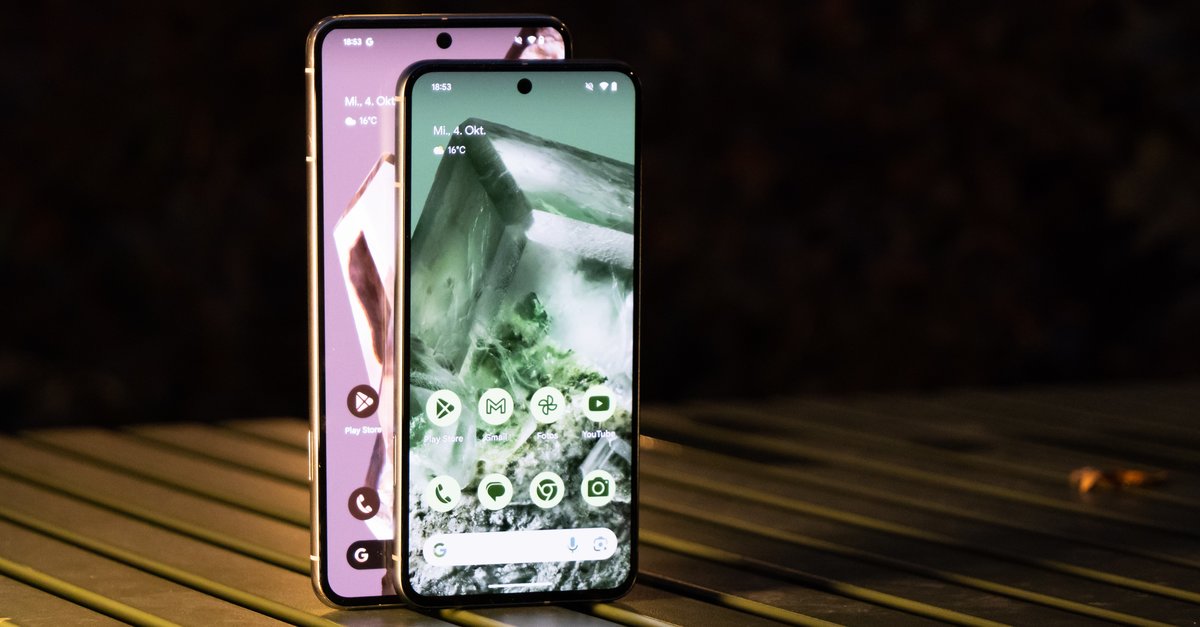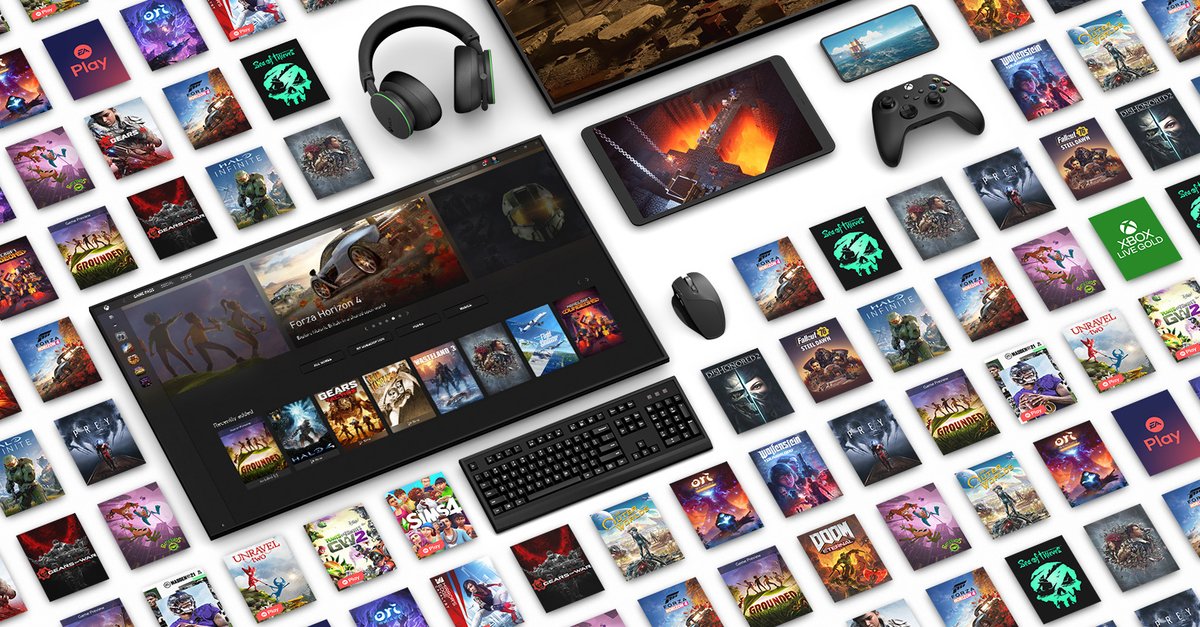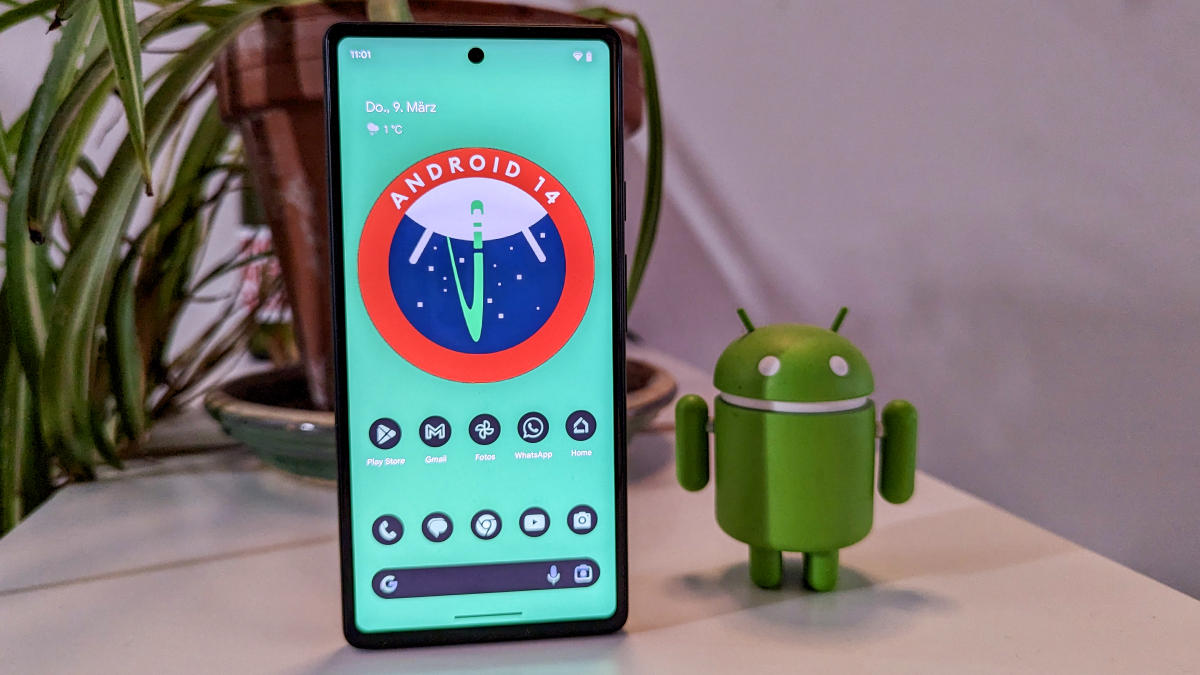Nasa blows off the test flight of the Boeing Starliner to the ISS again shortly before take-off
The Boeing Starliner at the helm of the Atlas V launcher on Tuesday evening. (Image: NASA)
Boeing’s Starliner capsule will not leave for the International Space Station (ISS) even in the second attempt. Shortly before take-off, the capsule showed “unexpected valve positions” in the drive system.
The launch of the Boeing Starliner capsule on the United Launch Alliance’s Atlas V rocket on Tuesday evening should be streamed live from 6:30 p.m. CEST. The docking maneuver at the ISS was also planned for the livestream.
Contents
Unexpected valve position display: Nasa decides to cancel
Again nothing will come of it. The test flight had already been postponed on Friday due to docking problems with the Russian Nauka module. The Boeing Starliner is still waiting for its first successful docking process at the Cape Canaveral Space Center in the US state of Florida. During the first test flight in December 2019, the capsule’s drive failed after being disconnected from the Atlas V. The capsule could not reach the ISS, but returned to Earth unharmed.
Now NASA has decided again immediately before the planned start attemptto cancel the preparations and not conduct the test flight to the ISS. The reason given by the space agency was unexpected valve position indicators in the capsule’s drive system. They should have been noticed on Monday when the capsule was checked again after a violent thunderstorm. It is unclear why NASA took another day to make the decision to cancel.
Next possible start: Wednesday lunchtime
Those responsible are apparently assuming a less serious problem, because the authority itself has already brought up tomorrow’s Wednesday as an alternative date. Thereafter, the Atlas V with the Starliner capsule could leave for the ISS at 1:55 p.m. CEST. A decision on this has not yet been made. The rocket’s fuel is first pumped out again, data still has to be evaluated.
The Starliner is part of NASA’s “Commercial Crew Program”. SpaceX is one of the participants in this program. Unlike Boeing, SpaceX has already shown several times that its own Crew Dragon capsule can bring astronauts to the ISS and back to Earth in regular operation. Boeing has so far failed to provide this evidence.


